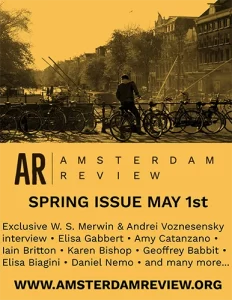McSweeney’s – Fall 2008
Issue 28
Fall 2008
Quarterly
Tony Bonds
Since its beginnings 1998, McSweeney’s Quarterly Concern (or simply McSweeney’s) has maintained its reputation as one of the most innovative literary journals in publishing today.
Since its beginnings 1998, McSweeney’s Quarterly Concern (or simply McSweeney’s) has maintained its reputation as one of the most innovative literary journals in publishing today.
McSweeney’s is known for its quirky packaging, and this month’s issue is available as a collection of eight small books no bigger than index cards. Interestingly, when arranged correctly, the back-cover art on the first four books reveals a painting; the final four books reveal another.
Each fully-illustrated book features a short fable, about the length of a short bed-time story. Although these little gems exude many of the disarmingly simple charms found in Aesop’s tales of talking beasts, each small book is infused with vividness and sophisticated insight as the authors explore the state of the fable in 21st century fiction.
Though varied in scope and subject matter, these fables share a common thread: a balance of playfulness and melancholy. “Virgil Walker” by Arthur Bradford is the story of an orphaned octopus who, with his turtle friend, enjoys a reckless night on the town and must later deal with the disturbing consequences. “The Box” by Sarah Manguso is a darker, almost Kafkaesque tale of a man who stores a box in his attic and keeps its contents a secret, exciting the imagination and greed of those around him. “Two Free Men” by Sheila Heti is an allegorical tale in which a depressed man and a suicidal man literally collide.
In the introduction (which is on the inside of the box the books come in), Jess Benjamin, the designer, says, “The fable represents an alternative to the blind groping we confront on a daily basis.” There are no prescriptive morals at the end of the books; the stories don’t tell us what they are about, or what we are to get out of them. Still, the meaning of each fable is not only pertinent to our times, but resonant and clear. The result is refreshing.
[www.mcsweeneys.net/]




